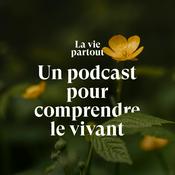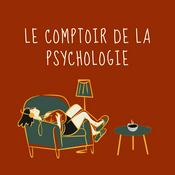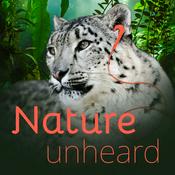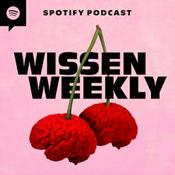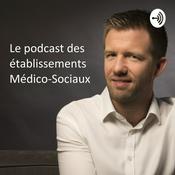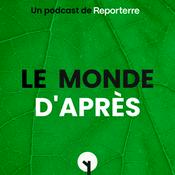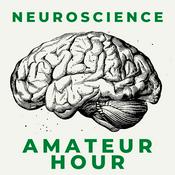574 épisodes
- How does the environment we move through shape the way we see and experience the world?
Laurie Taylor talks to Alex Prior (London South Bank University) about his research inside Westminster, where he walked alongside MPs and staff to uncover how the corridors of power feel different depending on who you are and what your job is.
James Fletcher from the University of Bath worked on a project exploring what it’s like to navigate the bus and tram routes of central Manchester while living with dementia. He looked at how familiar streets and transport systems change when memory and mobility are shifting and the implications of this.
What is the value of research conducted in this way and what are the downsides?
Producer: Natalia Fernandez - How did the arrival of colour and film technology transform cinema and its cultural politics? Laurie Taylor explores the intertwined histories of technology, aesthetics, and identity.
Swarnavel Eswaran, filmmaker and scholar at Michigan State University, introduces us to the remarkable story of Kodak Krishnan – Eastman Kodak’s “man from the East.” Krishnan played a pivotal role in bringing American film technology to India during the mid-20th century, a period when cinema was becoming a powerful medium for shaping ideas of modernity and national pride.
Kirsty Sinclair Dootson, Associate Professor in the History of Art department at University College London, is one of the organisers of the Bombay Colour Research Network. Her book The Rainbow’s Gravity asked how new colour media transformed the way Britain saw itself and its empire between 1856 and 1968. Her research also examines how colour technologies – from early tinting processes to the vibrant palettes of Bollywood musicals became part of debates over race, class, and cultural representation.
Kirsty Sinclair Dootson is one of the academics who has been a New Generation Thinker, on the scheme run by the BBC and the Arts and Humanities Research Council to share research on radio.
Producer: Natalia Fernandez - DOGS – Laurie Taylor explores the making of the modern companion animal, from working animals to pampered pets. Chris Pearson, Professor of Environmental History at the University of Liverpool, charts the changing fortunes of hunting dogs, street dogs and show dogs, as they moved from the rural to the urban, shedding utilitarian roles to become cherished family members. Also, Mariam Motamedi Fraser, Honorary Research Fellow at University College, London, asks if dogs belong with humans and the natural bond is less natural than we assume.
Producer: Jayne Egerton - Laurie Taylor talks to Simon Jarrett, Research Fellow at Birkbeck, University of London, about the social history of people with learning disabilities, from 1700 to the present days. Using evidence from civil and criminal court-rooms, joke books, slang dictionaries, novels, art and caricature, he explores the explosive intermingling of ideas about intelligence and race, while bringing into sharp focus the lives of people often seen as the most marginalised in society. They’re joined by Magdalena Mikulak, a Research Fellow in Health at Lancaster University who has researched the way the term ‘behaviours that challenge others’ which are attributed to 20% of those with learning disabilities, can stigmatise and exclude people from society,
Producer: Jayne Egerton - Laurie Taylor talks to Louise Ryan, Professor of Sociology at the London Metropolitan University, about her oral history of the Irish nurses who were the backbone of the NHS for many years. By the 1960s approximately 30,000 Irish-born nurses were working across the NHS, constituting around 12% of all nursing staff. From the rigours of training to the fun of dancehalls, she explores their life experiences as nurses and also as Irish migrants, including those times when they encountered anti Irish racism. They’re joined by Bronwen Walter, Emerita Professor of Irish Diaspora Studies at Anglia Ruskin University, who discusses the way that Irish migration offers an unusual opportunity to explore wider questions about the experience of immigrants and how ethnic identities persist or change over time.
Producer: Jayne Egerton
Plus de podcasts Sciences
Podcasts tendance de Sciences
À propos de Thinking Allowed
New research on how society works
Site web du podcastÉcoutez Thinking Allowed, BRAINCAST ou d'autres podcasts du monde entier - avec l'app de radio.fr
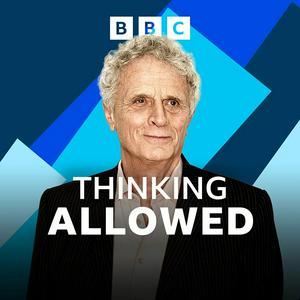
Obtenez l’app radio.fr gratuite
- Ajout de radios et podcasts en favoris
- Diffusion via Wi-Fi ou Bluetooth
- Carplay & Android Auto compatibles
- Et encore plus de fonctionnalités
Obtenez l’app radio.fr gratuite
- Ajout de radios et podcasts en favoris
- Diffusion via Wi-Fi ou Bluetooth
- Carplay & Android Auto compatibles
- Et encore plus de fonctionnalités


Thinking Allowed
Scannez le code,
Téléchargez l’app,
Écoutez.
Téléchargez l’app,
Écoutez.



